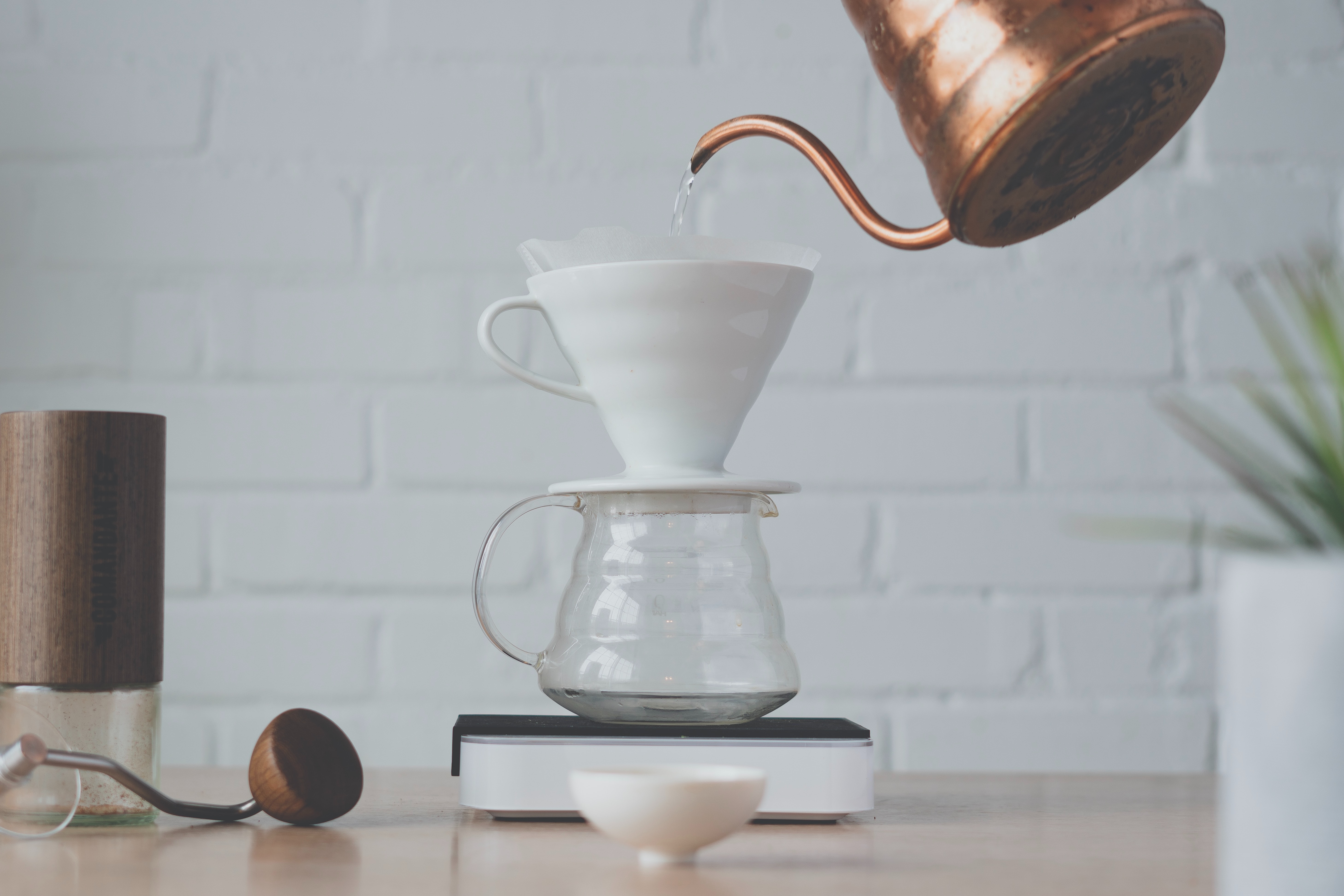
Maybe as a home coffee lover, not everyone understands how to buy the proper coffee for themselves. Coffee, after all, is a detailed and specific substance. You could buy the wrong coffee if you don't understand them, and if the one you purchased is terrible, this will affect the taste.
You might drink coffee without paying attention to how it looks, smells, and other characteristics of the coffee you buy—just like picking fruit at the market, purchasing coffee requires the same precision. Therefore, we want to share simple tips with you on choosing the proper coffee and avoiding the mistake of buying the wrong coffee that you will consume yourself at home!
Coffee in Powder Form
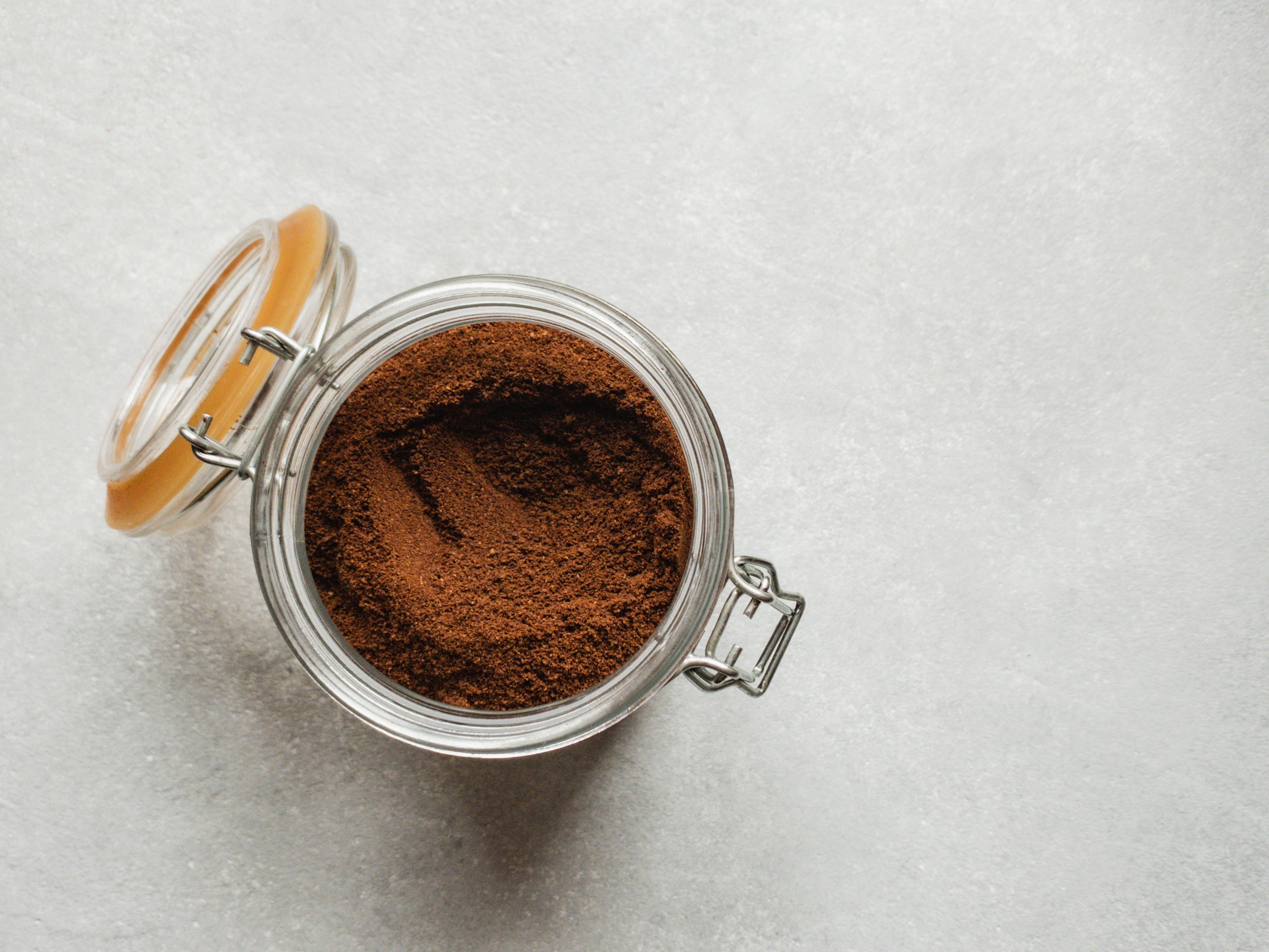
You will probably buy ground coffee if you don't have a coffee grinder, whether buying pre-made coffee grounds or coffee beans and then having the shop grind them for you. Ground coffee is usually a little challenging to find the 'wrong' form because the roastery has mixed it. However, you can still find it from the smell. Good coffee is coffee that smells like, well, coffee. It won't have a musty aroma, which indicates the coffee has been around for a long time—neither is also contaminated with the smell of plastic and other scents.
Meanwhile, in terms of taste, the wrong coffee is coffee with flavors that have nothing to do with coffee. Coffee must taste like coffee with various aftertastes, as described in the Flavor of Wheel. If the coffee you brew contains a fishy taste, it could be because the roast is too dark. Or if there is an uncomfortable sour taste like vinegar, maybe something went wrong with this coffee process.
Coffee in Bean Form
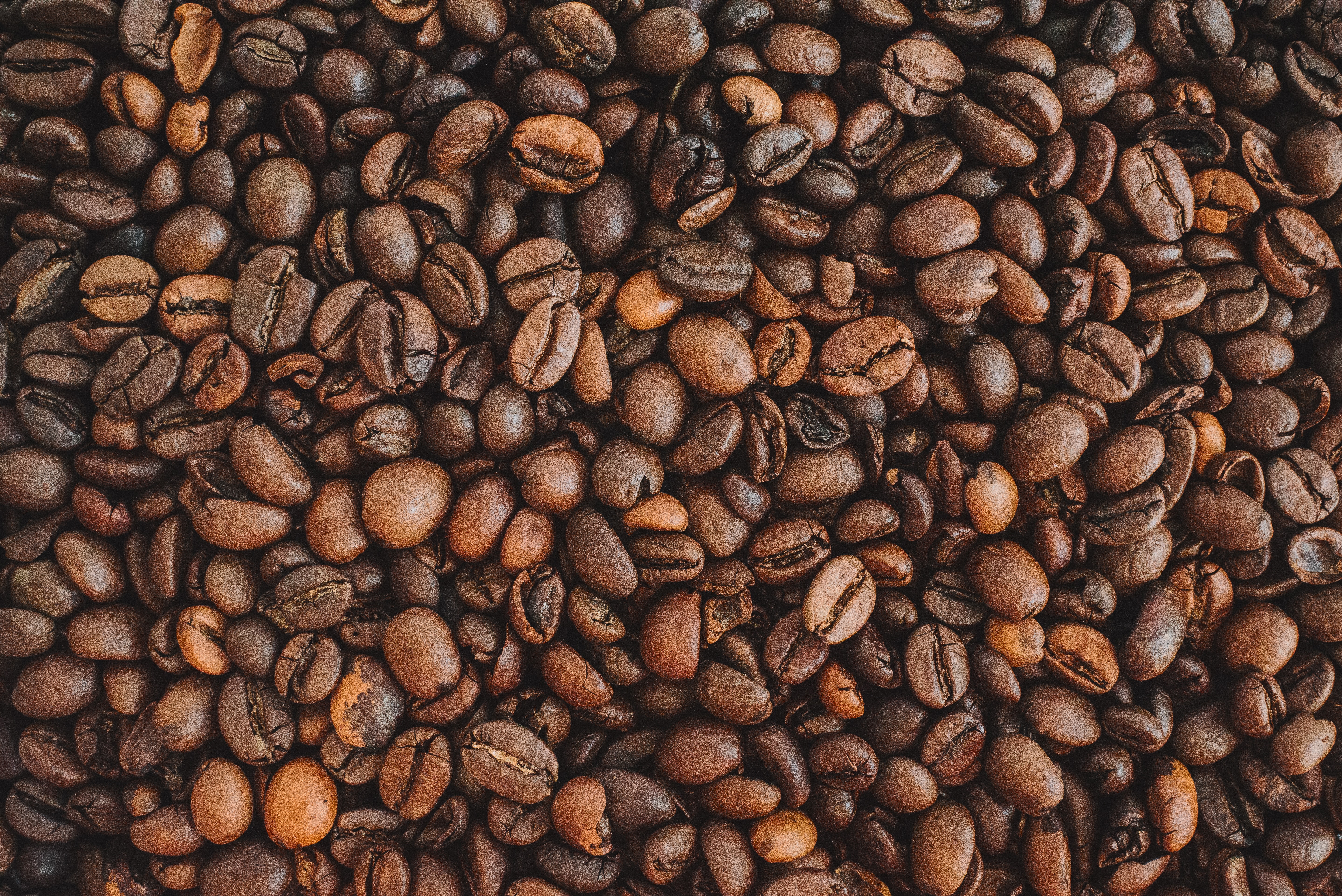
To define whether coffee is good or not from the physical beans is undoubtedly much easier. From the physical appearance itself, you can identify whether the coffee you bought is good or not.
The lousy coffee beans' characteristics are:
- The seeds are flawed. It's considered a defect in coffee beans because the seeds are not perfectly intact. The holes on the surface of the coffee beans may cause by pests.
- In addition to being infected with pests, damaged coffee beans may occur during other processing. Coffees that aren't high quality are usually physically damaged here and there.
- Different colors of coffee beans. For example, several coffee beans are lighter in color than the others in one package. It could be that the light-colored coffee beans result from a less thorough picking process—some coffee cherries are still young and unfit for harvest but have been picked. This incorrect way of picking can affect the taste of your steeping later.
- In terms of aroma, the characteristic is the same as powdered coffee. There should be no unpleasant smell in the coffee beans—not contaminated with plastic, rubber, fishy, or other unpleasant scents.
- Lastly, coffee should taste like coffee—the taste should not vary.
Finding the Right Single Origin for You
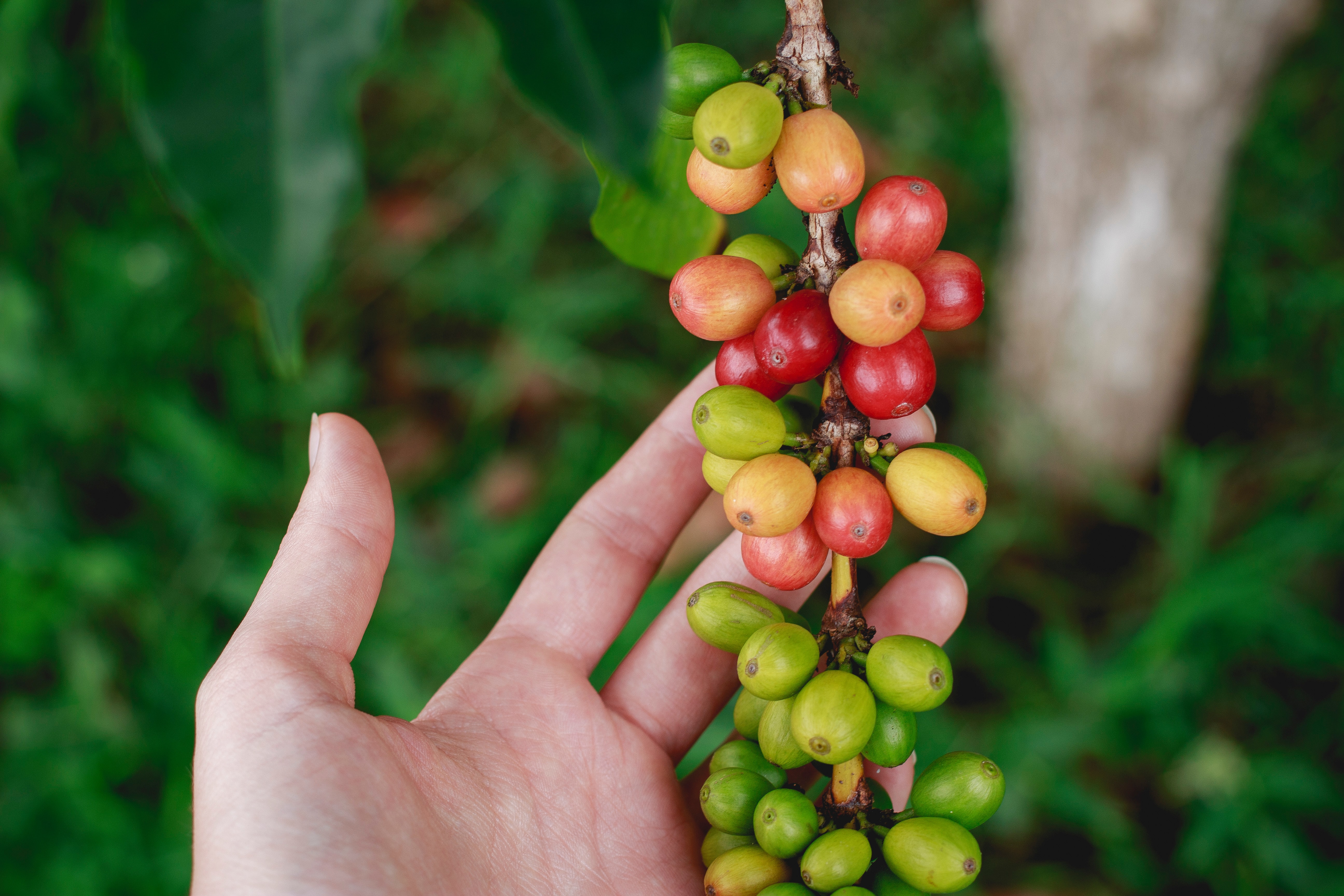
Coffee that we think is very good, you might think it's the opposite—it all depends on our preference. Therefore, if you'd like to find the best single origin that suits you, these three tips may help!
If you like clean and bright coffee, then the proper single origin for you is a washed process or at least semi-washed. Meanwhile, if you want the type of single origin flavor that's bold fruit or sometimes wine, the choice may fall to the natural process. The process of coffee dramatically affects the taste, and by knowing the coffee process before buying, you may be able to find out where your coffee tastes lie.
As we all know, every single origin bag sold usually includes the height information where the coffee is grown. Before buying, try to pay attention or at least ask the seller how high the coffee is grown. The higher the coffee plantation, the coffee will produce more 'sweet' notes. The higher the plantation, the higher the sweetness and better acid. If you like the sweetness of your coffee, you may choose a single origin grown at a certain height.
Each region's single origin has its different notes. Thus, checking the tasting notes on every coffee package you want to buy is necessary. For example, African coffee beans generally have fruity and complex cupping notes.
It's no secret that roast level affects the taste of coffee. Do you like bold and bitter? Choose single origin roasted at medium to dark or dark and beyond. Like the light one? Choose a light roast or at least a light to medium roast. It's all based on taste because there's no right or wrong in your preferences for coffee.
So, ready to buy a more refined coffee for yourself? Follow our tips and enjoy a more delicate cup of coffee!

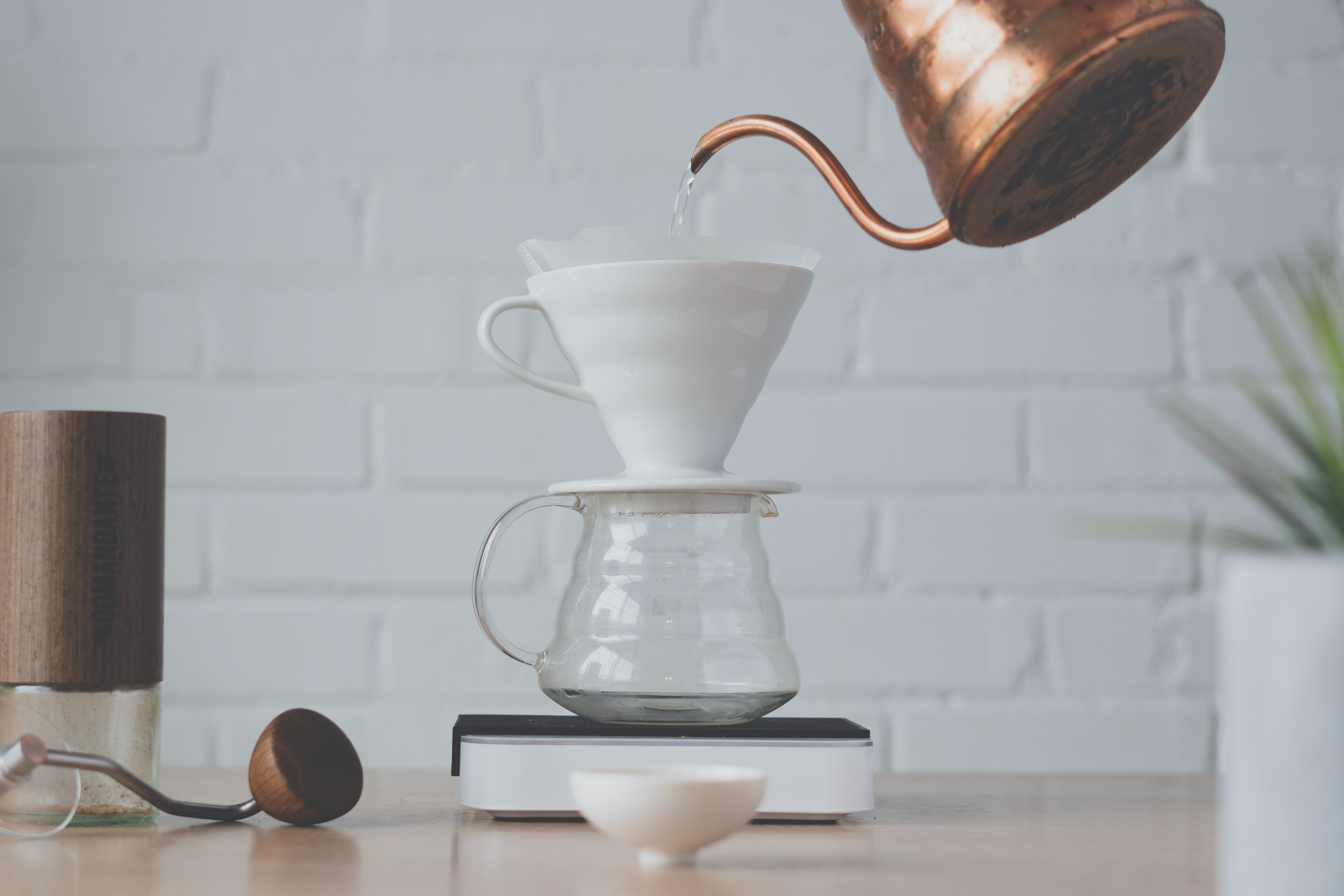




.png)

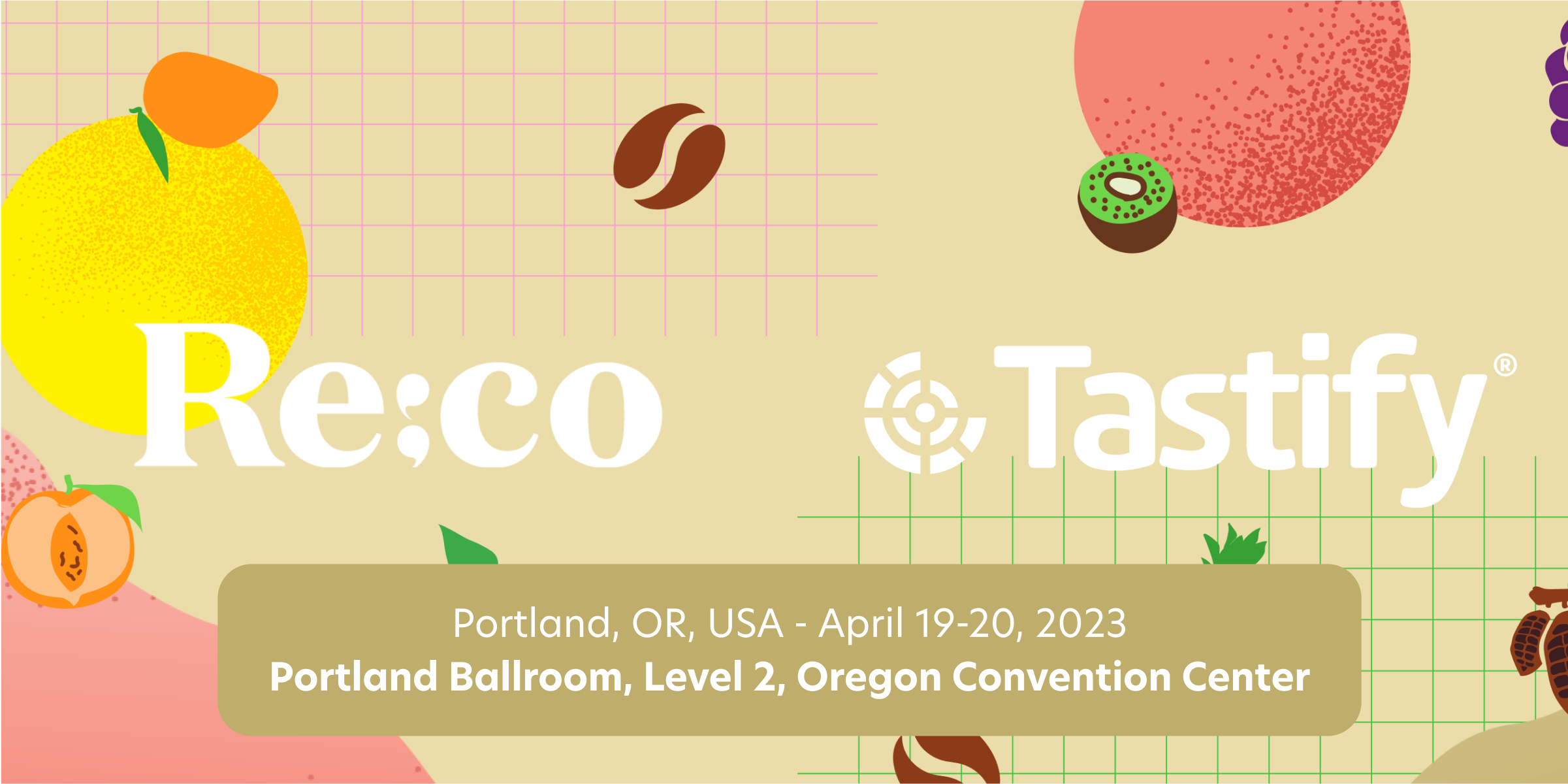

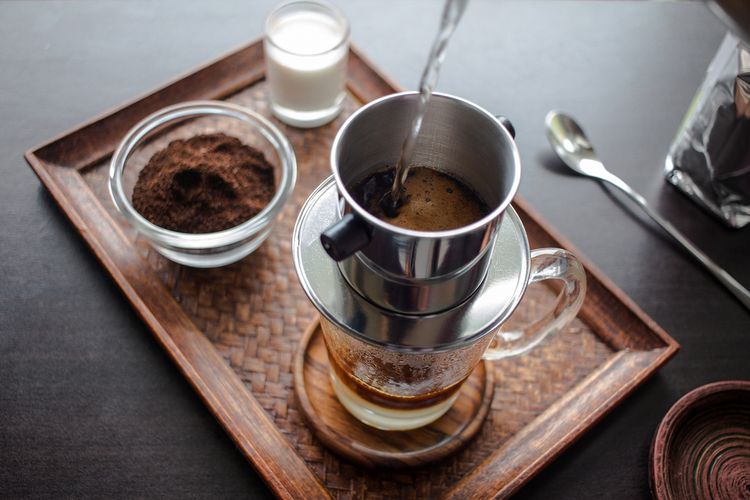

Comments